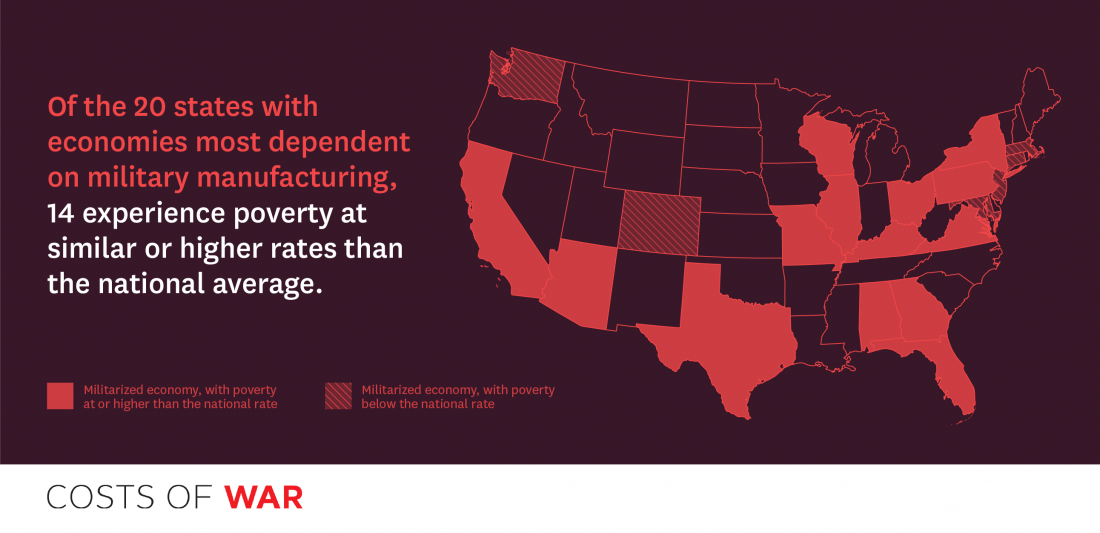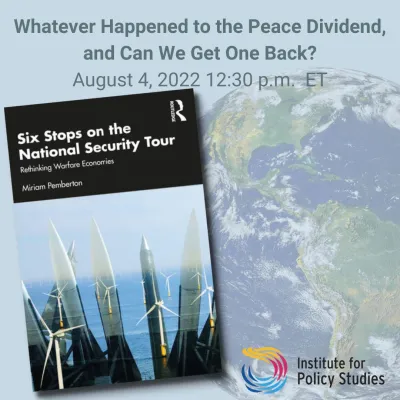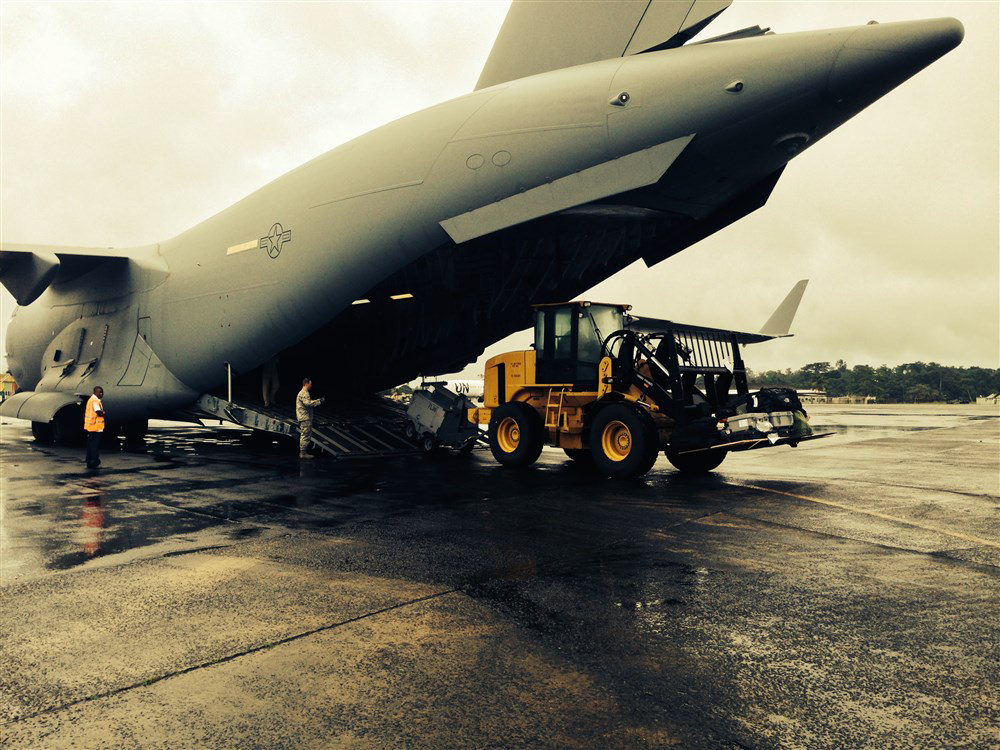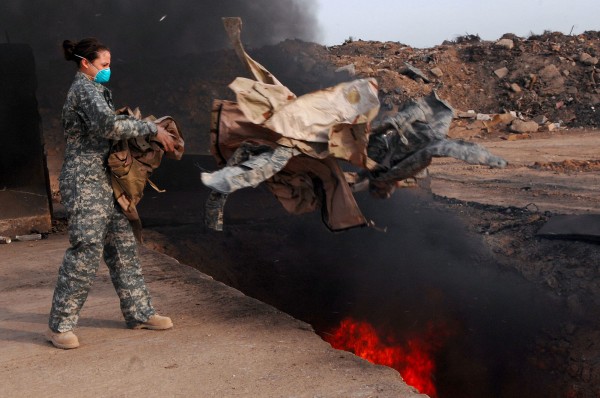Peace Transitions
Building peace requires undermining the economic foundations of war. In the U.S., those foundations are built on a military budget as large as that of the next seven countries put together, and representing a majority share of the federal discretionary budget. Those who profit from the excessive concentration of federal resources on the military have been careful to spread those resources across the country, weaving military contracting into the economies of communities and congressional districts across the country.
IPS’ work on behalf of a peace economy has three parts: First, writing, speaking and organizing in support of a shift of federal spending from military to civilian priorities; second, working on models of community transition from defense dependency to alternative economic foundations; and third, building a digital archive of materials on peace economy research and advocacy from the Cold War, post-Cold War, and post-9/11 periods to inform and inspire future work in the field.
Latest Work

The War Will Further Militarize the U.S. Economy

From a Militarized to a Decarbonized Economy: A Case for Conversion

The U.S. Unveils Its New Bomber, But the Real Future is Next Door

Jobs and Saudi arms sales: The real story

Reining In the War Economy

New Book Examines and Reimagines Warfare Economies

Let's Turn Our Military Resources to Building a Post-COVID Industrial Base for All Americans

From Swords to Ploughshares

China Might Be Bugging US Subways — But There’s a Bigger Problem

Something We Can Agree On: Close Some Overseas Bases

Plan to Cut Pentagon Waste Eliminates an Office Designed to Do Just That

Google Employees are Rejecting Militarism. That's a Great Sign.

The Pentagon Can't Keep Track of the Billions it Already Gets

The Little Agency That Could Have Tamed the Military-Industrial Complex

Congress Just Agreed to Completely Out of Control Pentagon Spending

Huge Military Budgets Make Us Broke, Not Safe

Climate Change is a Bigger Threat Than Any Military — Our Budget Should Reflect That

Trump's Insecurity Budget

Trump’s Phony Populism on Military Spending
View more >

